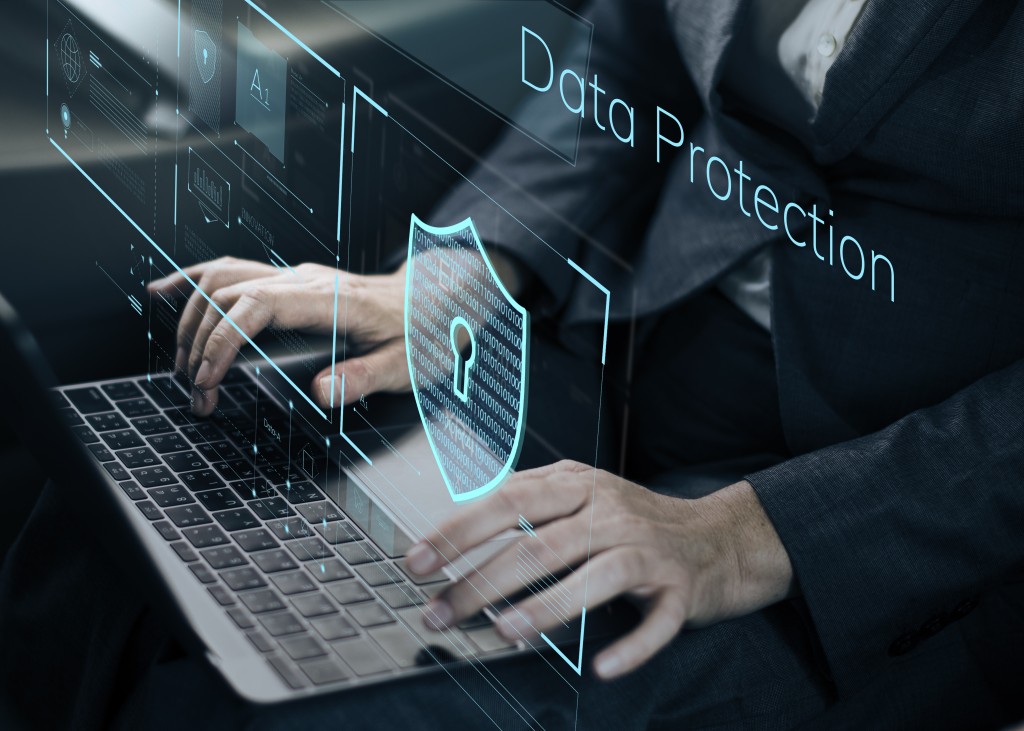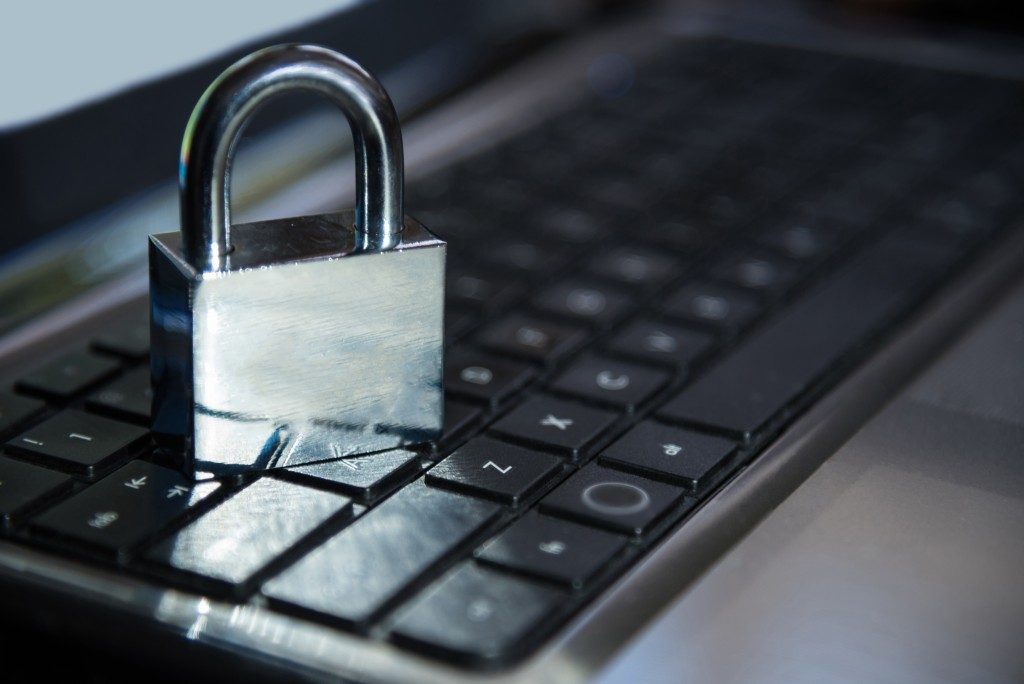The internet has greatly improved the way companies do business, but it also opened up new avenues for malicious actors to exploit vulnerabilities in networks. Small business owners may feel this is a non-issue, but data breaches can happen to any company, regardless of its size. Cyberattacks can have drastic, lasting effects on a company, which is why it is important to stay as secure as possible. Any reputable web security company would suggest three ways to do just that:
Encrypt and Back Up Data
Encryption is perhaps the most effective and the most important facet of cybersecurity. What encrypting does is that it translates data into unrecognisable code or cipher. Only those who have the right password or access to a decryption key would be able to restore the data in its previous, understandable form. Encryption, in a nutshell, makes data meaningless and useless for hackers.
But whilst important, encryption should not be the end-all, be-all of your cybersecurity strategy. There are other attacks that target data in different ways. Ransomware, for instance, allows hackers to lock you out of your computer until you pay them to restore access. This is where backing up data comes in handy. Storing all data separately on a regular basis ensures that you have something to fall back on in case of an attack or any other incident that renders your data inaccessible.
Secure Your Network Properly

Your network is where hackers find vulnerabilities they can exploit to perform an attack. As such, it is important to keep your network as secure as possible from malicious actors. There are multiple ways to do this, the first and most basic of which is through the simple act of updating software. Make sure that your operating system and the other applications you use are up-to-date. Updates, after all, provide fixes to serious security flaws that can compromise your data.
Setting up a firewall is also important. A firewall serves as the gatekeeper between your computer and the internet. It monitors all incoming and outgoing data and has the ability to filter or block traffic that may pose a threat to your system. Spam filters, meanwhile, make sure phishing and other suspicious emails don’t make it to your inbox. This greatly reduces the chance of an employee falling into that trap.
Educate Staff
Speaking of employees, all three measures mentioned above can only be effective if the human aspect is covered as well. All staff members need and should undergo proper education about cybersecurity threats and best practices to ensure that your data stays secure and intact. Set up workplace policies about how to handle data, use devices, accessing the internet, and other important concerns. Even the simple act of reminding employees not to open attachments from suspicious emails goes a long way in improving cybersecurity.
As long as you are connected to the internet, there’s always a small chance of opening up yourself to an attack. But, this is not something to be afraid of. There are many measures that cover all the important bases to stop a cyberattack in its tracks. With these measures in place, you can conduct business with peace of mind, knowing that your data is as safe as it can get.

